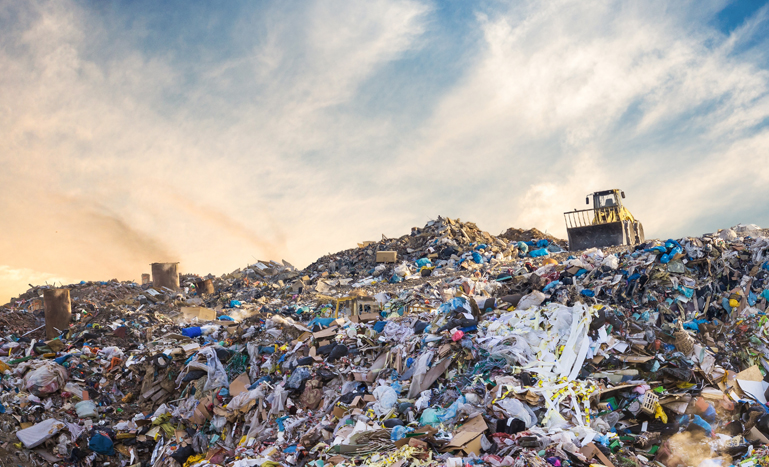Tightening the rules on shipping waste
Canada is forced to deal with its mess as the world agrees to list plastic as hazardous waste and tighten control over its international trade.

It appears Filipino President Rodrigo Duterte’s trash talk worked. Canada has finally agreed to bring back 69 containers of waste that were shipped to a Filipino port facility in 2013 and 2014. It’s been stuck there in “diplomatic” limbo ever since. After Duterte’s strongman tactics and threats of cutting diplomatic ties (and going to war), one could be forgiven for thinking that Canada acting egregiously in the matter.
And indeed, there is plenty to be ashamed of, not least of which is Canada ranking at the top in per capita production of garbage in the developed world. And unquestionably, there is a broader problem regarding the (underground) waste processing market.
Technically, however, Canada’s actions in the Filipino matter have more to do with mislabelling and feet dragging.
When Chronic Inc., the private company that consigned the waste for transport, first shipped it, it falsely declared the waste as homogenous plastic scrap material (recyclable plastics). But upon inspection on import, it was discovered that the shipment included a mix of bag plastics and household garbage, including adult diapers. In their legal opinion, the Canadian Environmental Law Association have written that this false declaration means that the shipment would be considered as “illegal traffic” and in violation of the Basel Convention. The Convention prohibits richer countries from sending their hazardous waste to poorer countries for processing.
Chronic Inc. was not the only party at fault, however. At the time, the transport of the waste was not in violation of Canadian laws. Had Chronic Inc. properly labelled its waste in 2014, it would have been in compliance with Canada’s regulations. At the time, the Export and Import of Hazardous Waste and Hazardous Recyclable Material Regulations did not consider household garbage and plastics waste to be “hazardous waste.” Properly categorized, it could have been transported to other countries for processing.
Even so, the Philippines have a more general definition of “hazardous waste,” and consider Chronic Inc.’s shipment subject to the Basel Convention. In 2014, It demanded that Canada repatriate the waste within 30 days, as stipulated by the Convention. Canada refused and has been dragging its feet ever since.
Since then, Canada has modified its shipping rules to consider waste and recyclable materials “hazardous” if the importing country deems them to be.
Encouragingly, Canada also joined 187 countries in extending the Basel Convention to include restrictions on the movement of plastic wastes. Exporting states must now get prior written consent from importing states before plastics can be shipped for processing.
That doesn’t mean Canada is entirely off the hook yet. Malaysian authorities have discovered a similar case of falsely declared recyclables. Taking a leaf out of Duterte’s playbook, they too are demanding Canada deal with its own mess.


